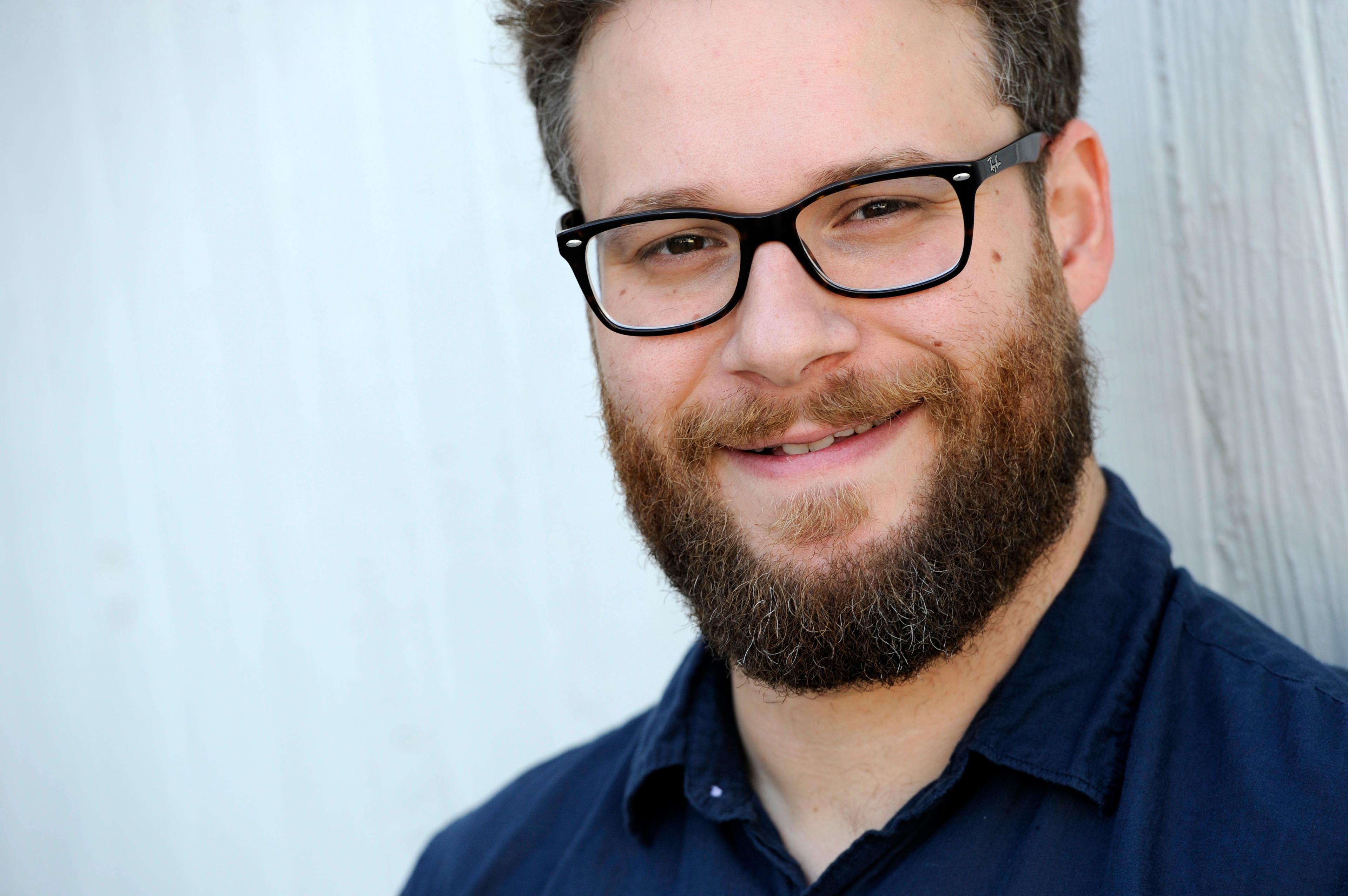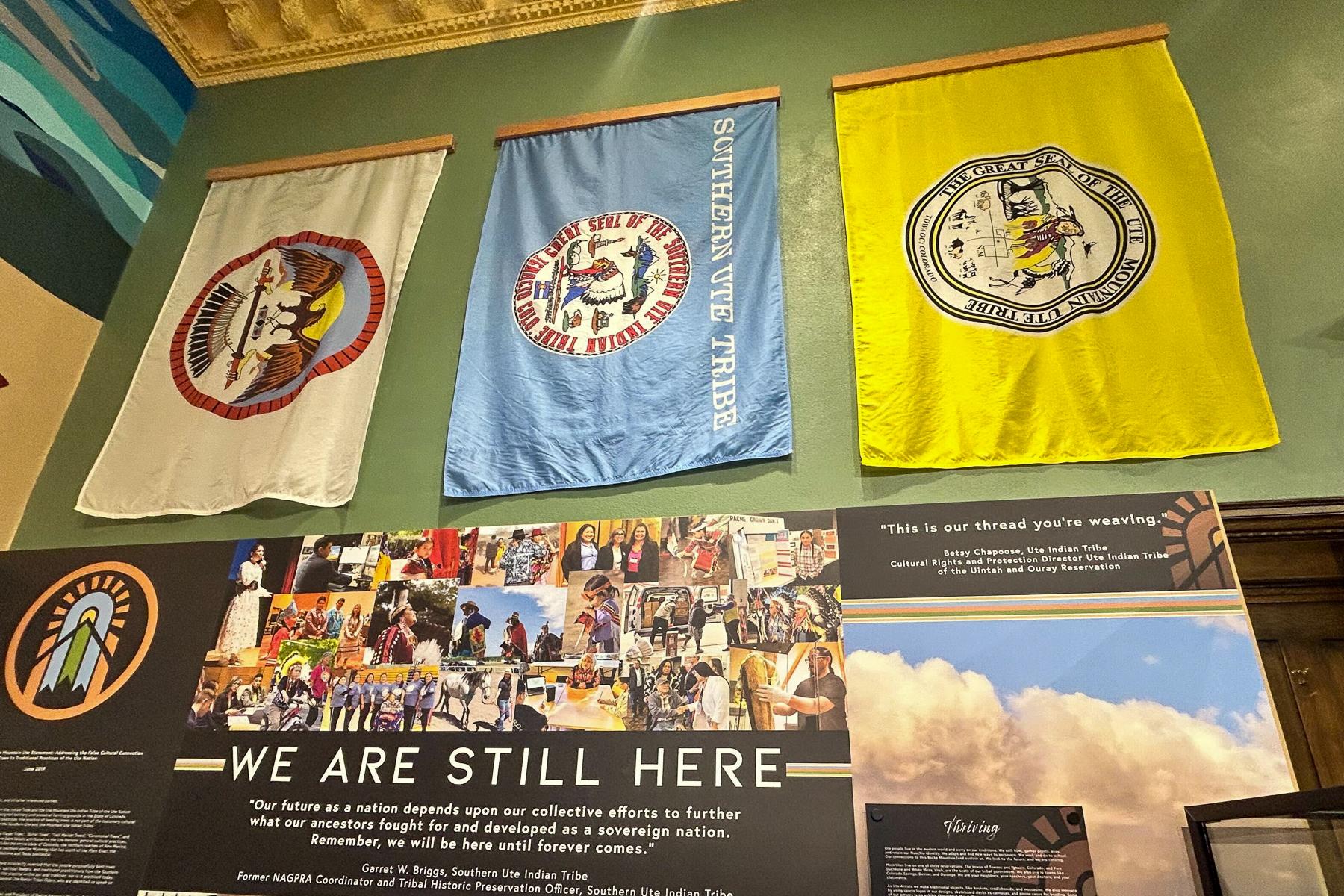
Actor Seth Rogen caused a stir on Twitter earlier this week when he invited fans to a Dec. 8 screening of his new movie, “The Interview,” sweetening the offer with a chance to “get baked” with him beforehand -- at the movie theater.
In a twist, the theater said last week the event was canceled. Rogen responded through Twitter that the screening has simply moved from Sie FilmCenter in Denver, because “those guys are lame.” But he declined to say where its been moved to. The film center says the movie studio, Sony, canceled the screening. Sony did not respond to a request for comment.
The situation highlights a persistent problem since pot was legalized: Where can people legally get high in Colorado? It’s probably a lot more complicated than many realize, so let’s use this as a test case of Colorado’s patchwork marijuana laws.
First, the 32-year-old Rogen can legally buy marijuana from any of the state’s roughly 120 recreational marijuana stores. As an out-of-state resident, however, he’s restricted to buying only a quarter-ounce of pot at a time.
Here’s another buzz kill: State law bans consumption in recreational and medical dispensaries. And Denver in particular does not have Amsterdam-style smoking clubs. So, while Rogen can still buy his pot, whether it’s a brownie or a tincture or a dab or just the garden variety leafy plant, the next question, where can he consume it?
Without a legal Colorado residence his options are dramatically limited.
Still, it appears Rogen’s original Twitter invitation may have been within the law. That’s because, even though though Denver does not permit pot clubs, venues that are private and invitation-only can allow marijuana consumption on site. The theater may have fit the bill since the event was restricted to invitation-only.
Before the event was canceled, a Denver Police Department spokesperson says they hadn’t been aware of the Rogen event, and weren’t involved in any actions to halt it. City officials also weren’t aware of any actions against the theater.
Such was not the case this summer, when the Colorado Symphony Orchestra tested the city’s limits by encouraging patrons to bring and consume pot at a series of concerts at the Space Lounge on Sante Fe. After the city warned the CSO that it was illegal to permit open and public consumption, the CSO restricted the concerts to private, invitation-only events.
The Denver case also demonstrates that local governments have lots of power to restrict public pot consumption, and the city has taken a number of steps to outlaw use in public.
Consuming pot in public on Denver sidewalks, parks, or the places like the 16th Street Mall is against the law, with fines that can reach $999 on a third and subsequent offenses. Most hotels don’t allow any smoking, and many that do allow it, ban marijuana consumption in particular.
“You can see why consumers might be confused by this,” says Brian Vicente one of the coauthors of Amendment 64, which legalized recreational pot in Colorado. “We think it’s incumbent upon the Denver city government, with input from actual citizens to go ahead and figure out where is it people can consume.”
City officials, like councilman Chris Nevitt, a strong marijuana proponent, have admitted that it’s an issue the city will eventually need to tackle. Through the first three quarters of 2014 Denver Police have issued 471 percent more more citations for public pot consumption compared to the same period last year.
More options outside of the Denver metro area
Denver has, by far, the most medical and recreational dispensaries, but for more permissive consumption Rogen will have to travel outside the metro area. There are websites like Colorado Pot Guide, that purport to track pot-friendly hotels, bed and breakfasts, and Airbnb rentals.
If Rogen wants to smoke indoors, in a bar-like setting, he could travel to Nederland, and become a member of Club Ned. The town legalized pot clubs, which paved the way for Club Ned, believed to be the only pot cafe in the state with approval of the local government, according to the attorney for the club Jeff Gard.
These clubs are few and far between partly because of the Colorado Clean Indoor Air Act, which restricts indoor smoking, marijuana included, at most businesses and restaurants. Clubs get around law because they only have three employees and get the majority of revenue from member dues.
It’s not clear how many private clubs there are, since many don’t openly advertise. One proprietor of a club told CPR there are probably about a dozen in the state. Rogen could easily find one high profile business, a bit further south in Colorado Springs, called The Lazy Lion, which boasts a high tech dab bar.
Some in Pueblo County would love the publicity of a big name actor coming to town to get high. Officials there approved regulations allowing smoking lounges with potential outdoor smoke areas, but the only application for one was denied by the planning commission, says County Commissioner Sal Pace.
“It’s almost like every community has their own take on this,” says pot advocate Brian Vicente.
Bottom line: Rogen better be sure to light up in the right spot, or some cop may be writing him a ticket.









